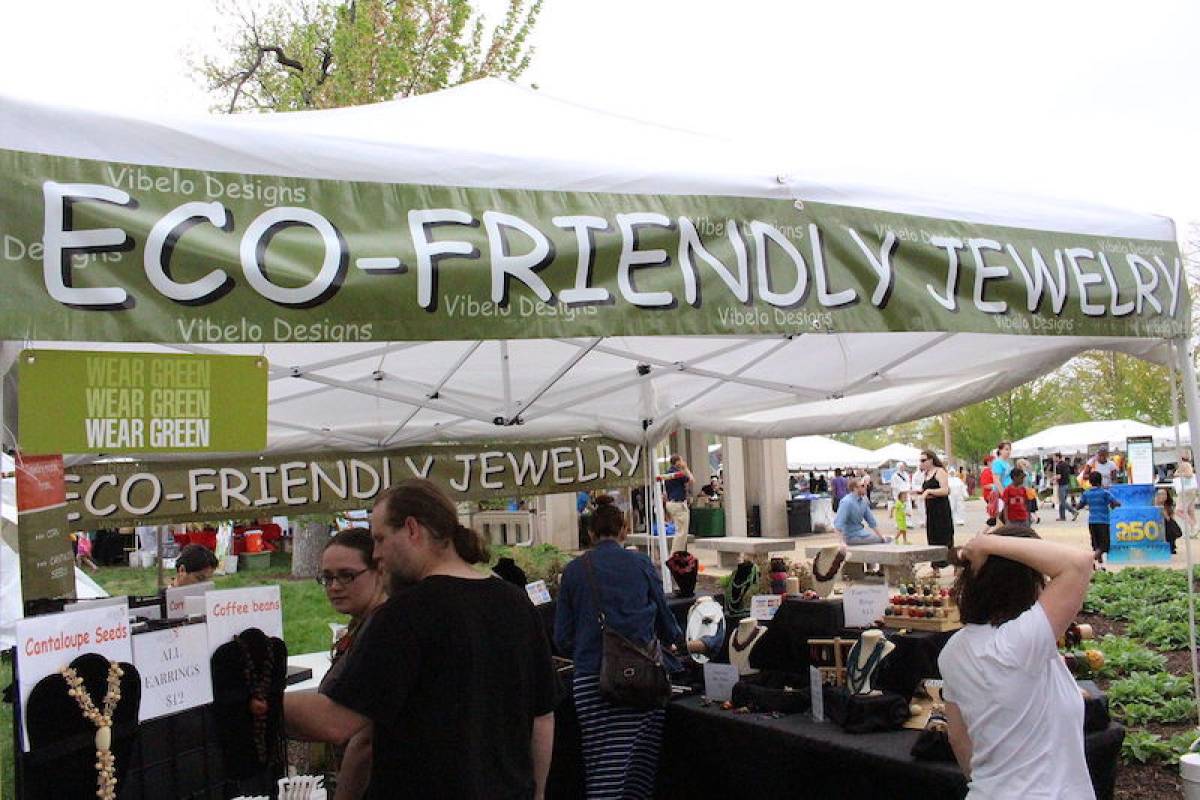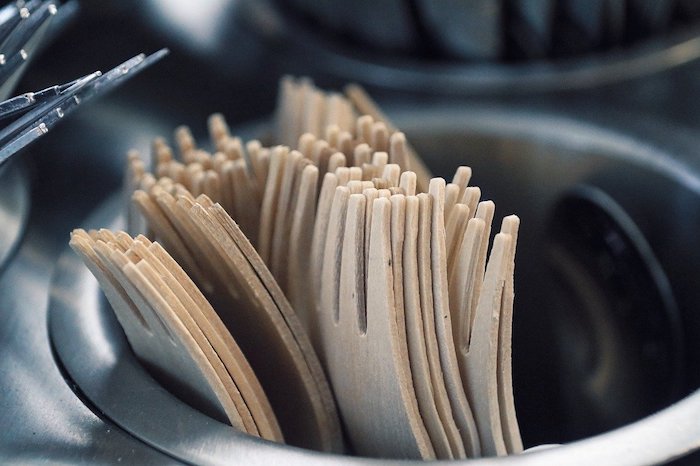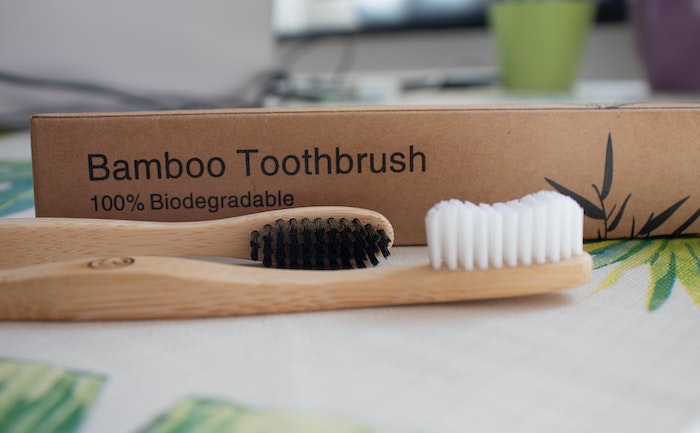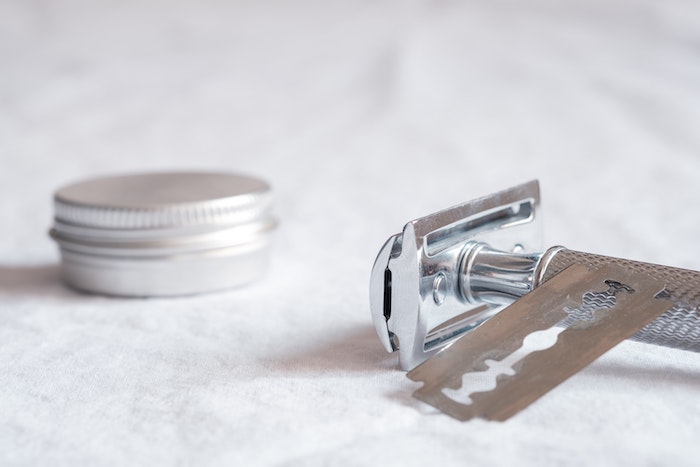7 Products You Didn't Know Had Eco-Friendly Alternatives

One of many eco-friendly products booths at an Earth Day Festival in St. Louis, Missouri. Photo: Snbehnke / Wikimedia.
Over the years, non-recyclable products have taken a significant toll on the environment. And, to save mother earth, people worldwide are using eco-friendly alternatives to daily use items. Although it won't solve all of the world's problems in the blink of an eye, it is still a start.
If you are concerned about the natural environment and climate change, you don't need to go on a worldwide eco-campaign mission and start changing everything at home. Instead, simply swapping a few everyday products with eco-friendly alternatives can make a huge difference.
Choosing to be eco-friendly doesn't mean that you have to change your habits and household items overnight. Rather, even if you change one small habit or replace a single non-recyclable item with a recyclable one, you are slowly making your part of the world a little better.
For example, you can replace your plastic water bottles, grocery bags, dish towels, beauty products, and many other items if you want to move to eco-friendly and sustainable products. There are tons of everyday items you may not even know you can replace with eco-friendly aternatives.
Make the World Better Using Eco-Friendly Products
Some of the eco-friendly products in the market today that can be used as replacement for non-recyclable daily use items may come as a surprise to you. These eco-friendly alternatives, nevertheless, are readily available and can be used without any inconvenience.
Here are seven everyday items and their eco-friendly alternatives you many not know are easy to find and use:
1. Utensils and cutlery

Utensils and cutlery are essential items in our daily lives. You can choose to use wooden utensils and cutlery as a natural and elegant alternative to conventional plastics (which are the biggest culprits for harming the environment) or even as an alternative to stainless-steel cutlery.
While stainless-steel utensils are also a top choice for eco-friendliness (because stainless steel is durable, corrosion-resistant, and recyclable), wooden forks, knives, spoons, and other cutlery are also an excellent alternative due to their eco-friendliness.
Wooden utensils are compostable, and can compost in your own backyard pile within a few weeks. That means should your wooden utensils end up somewhere they are not supposed to like a river, they won't take nearly as long as plastic utensils to breakdown or even emit toxic methane like plastic.
Moreover, many wooden utensils and cutlery are made from fast-growing tree species like birch and bamboo, or from leftover trees from the lumber industry, which is great because that cuts down on the environmental impact, according to Indiana Public Media from Indiana University.
2. Food Containers
Use a food container made of stainless steel or reusable glass to carry your lunch to the office or school. These are a great alternative because they are reusable and reduce the risks of phthalates, BPA, PVS, and other pollution compared to their plastic counterparts.
If you have a habit of ordering your lunch, you should also choose an outlet that uses eco-friendly materials for packing the food.
3. Batteries
Batteries are another one of the essential household items in today's world. From our watches to TV remotes and AC remotes, almost every device we use is powered by batteries.
However, these batteries are made of chemicals that can cause pollution if thrown away in random places. This problem can be solved by using rechargeable batteries that are more eco-friendly.
Rechargeable batteries are admittedly on the expensive end, and you will also have to invest in a charger to charge them. But, when you consider environmental damage, these rechargeable batteries can go a long way in protecting our natural environment and saving life on the planet.
4. Toothbrush
Toothbrushes are used by almost everyone, but they are typically made of plastic. You can imagine the amount of plastic waste produced around the world just through discarded toothbrushes.
To avoid environmental pollution, manufacturers have come up with eco-friendly toothbrushes that have bamboo handles and castor seed oil bristles. The longevity of these ecofriendly toothbrushes is as long as the plastic brushes, and the packaging is also usually plant-based.
You can use the eco-friendly toothbrushes to reduces environmental pollution and the risk of Bisphenol-A (BPA), which is sometimes found in plastic brushes.

5. Plastic Straws
Plastic straws may be small in size, but they can and have caused seriously big damage to the environment. This is because they contain a vicious chemical called polypropylene, which can also disturb human estrogen by dissolving with water or other liquid.
Because of those problems, people across the globe are slowly moving away from plastic straws and replacing them with eco-friendly straws made from stainless steel or other biodegradable materials.
Restaurants and takeaways are also replacing plastic straws with paper straws, which is another great ecofriendly alternative you can use.
6. Disposable Razors

You can use safety razors as an alternative to traditional disposable razors. Safety Razors are made from strong and durable steel, which can last a long time if handled properly.
With safety razors, you just need to keep changing the blade when it becomes dull or old. The blade can be easily replaced and recycled.
By switching to safety razors, the amount of plastic waste people can avoid can have a positive effect on the environment. The safety razor itself can be recycled once it’s no longer needed.
7. Paper Notebooks
Rarely do commercially produced notebooks use recycled or sustainably sourced materials. This means notebook production contributes to deforestation and other harmful environmental practices.
Imagine the amount of deforestation and other harmful practices required to produce notebook paper used each year, and most of these papers actually eventually end up into the dustbins.
To protect the environment and cut down on paper waste, some manufacturers are coming up with reusable notebooks. Of course, you’ll need a special pen to write on reusable notebooks, which usually comes packed with these eco-friendly reusable notebooks. You can then clean whatever is written on reusable notebooks by wiping it off with a cotton wipe.
Alternatively, opt to keep a digital notebook and or use a dedicated app to write your notes. That way you’ll play your part in protecting the environment and reversing climate change.



![9 Tips for Managing Your Online Writing Projects Efficiently [node:titile]](/sites/default/files/styles/thumbnail_rectangle/public/open-book-laptop-online-writing-tips.jpeg?itok=iq4PIT7b)





![Workers Are Neglecting a Major Workplace Need - Office Hygiene [Study]](/sites/default/files/styles/video_thumbnail_bottom/public/office-workers-neglecting-major-workplace-need-amid-covid.jpg?itok=xpjAcQam)












